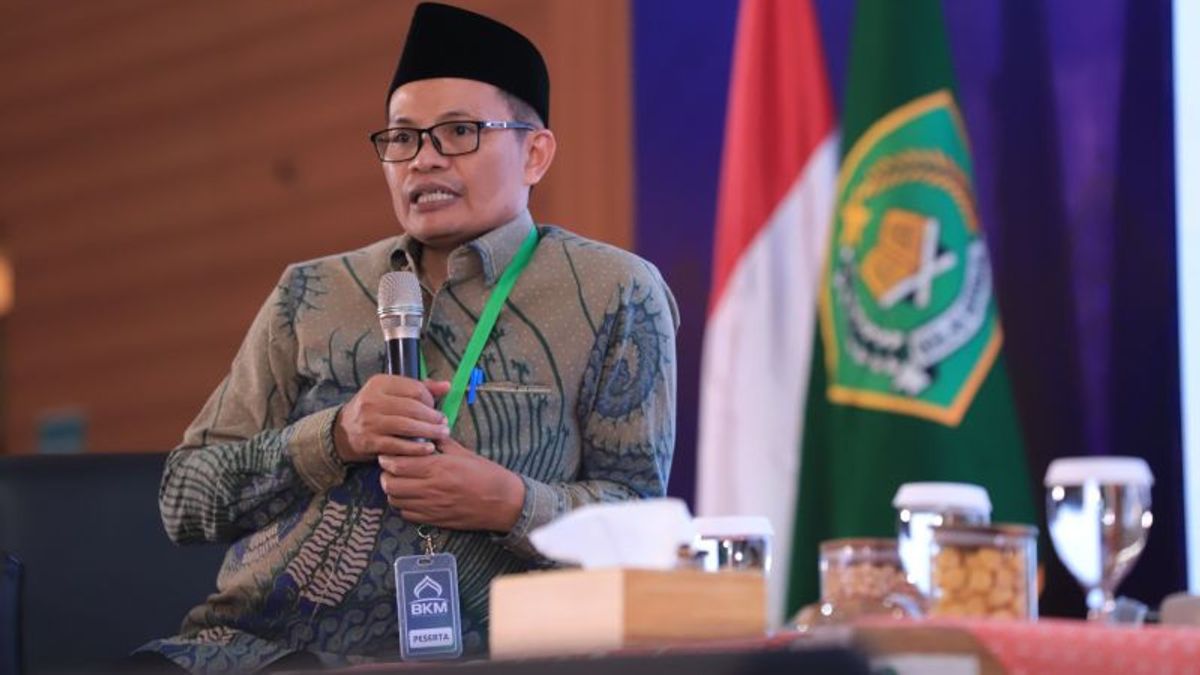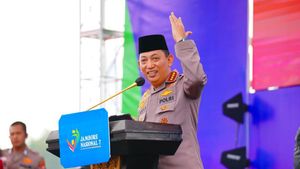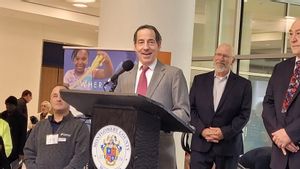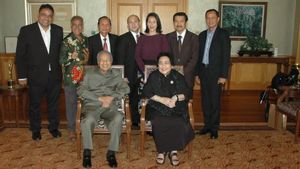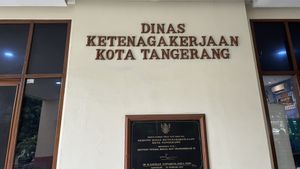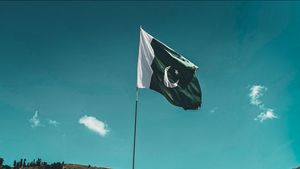JAKARTA - The Ministry of Religion (Kemenag) stated that the session of isbat which is held every year in determining the Islamic calendar (Hijri) becomes a joint forum between Islamic Organizations, ulama, Falak experts, and astronomy experts in decision making.
"The trial is needed as a joint forum to make decisions. This is necessary as a form of state presence in providing references for Muslims to start fasting Ramadan and Eid," said Director of Islamic Religious Affairs and Sharia Development of the Ministry of Religion, Adib, quoted by ANTARA, Friday, March 8.
Adib explained that the Ministry of Religion routinely holds isbat (determination) hearings in the beginning of Ramadan, Syawal, and Zulhijah. This has been going on since the 1950s, some sources said it was 1962.
In further developments, MUI issued Fatwa Decree No. 2 of 2004 concerning the Determination of the Beginning of Ramadan, Syawal, and Dzulhijah.
One of the fatwas decided that the initial determination of Ramadan, Syawal, and Dzulhijah was carried out based on the rukyah and reckoning methods by the Government of the Republic of Indonesia, in this case the Minister of Religion and applies nationally.
According to him, it is important to hold an isbat session, because Indonesia is not a religious country, nor is it a secular country. Indonesia cannot leave its religious affairs entirely to individuals or groups.
It is important to hold an Isbat session, because there are many Islamic community organizations (Ormas) in Indonesia that also have their respective methods and standards in determining the beginning of the Hijriyah month.
"It is not uncommon for the views of one another to differ, along with differences in the schools and methods used. Isbat trials become forums, forums, as well as decision-making mechanisms," he said.
In the process, the trial became a forum for deliberation of scholars, astronomers, martial arts experts from various Islamic organizations, including related agencies in determining the beginning of the Hijri month.
The session was also attended by the Ambassador of Sahabat State, Chairman of Commission VIII DPR RI, Representatives of the Supreme Court, Representatives of the Indonesian Ulema Council (MUI), Representatives of the Meteorology, Climatology and Geophysics Agency (BMKG), Representatives of the Geospatial Information Agency (BIG), Representatives of the National Research and Innovation Agency (BRIN), and others.
"The results of the deliberation in the trial were determined by the Minister of Religion in order to gain legal force. So, it was not the government that determined the fall of the beginning of Ramadan, Syawal, and Zulhijah. The government only determined the results of the deliberation of the parties involved in the trial. isbat," said Adib.
The Isbat trial for the initial determination of Ramadan, Syawal, and Zulhijah, said Adib, was not only carried out by Indonesia. Arab countries also carry out isbat after receiving reports from rukyat from official government or individual institutions that have been verified and declared valid by the Panel of Judges.
The difference is, Indonesia uses a deliberation mechanism with all session participants.
SEE ALSO:
"This is what becomes more important that decisions are taken together, democratic values are very visible with the presence of all mass organizations present at the isbat session," said Adib.
Adib emphasized that the role of the government in the trial process was the facilitator of Islamic organizations and the parties to discuss. The results of the trial were then published in the form of a Decree of the Minister of Religion in order to have legal force that could be guided by the community.
The English, Chinese, Japanese, Arabic, and French versions are automatically generated by the AI. So there may still be inaccuracies in translating, please always see Indonesian as our main language. (system supported by DigitalSiber.id)
